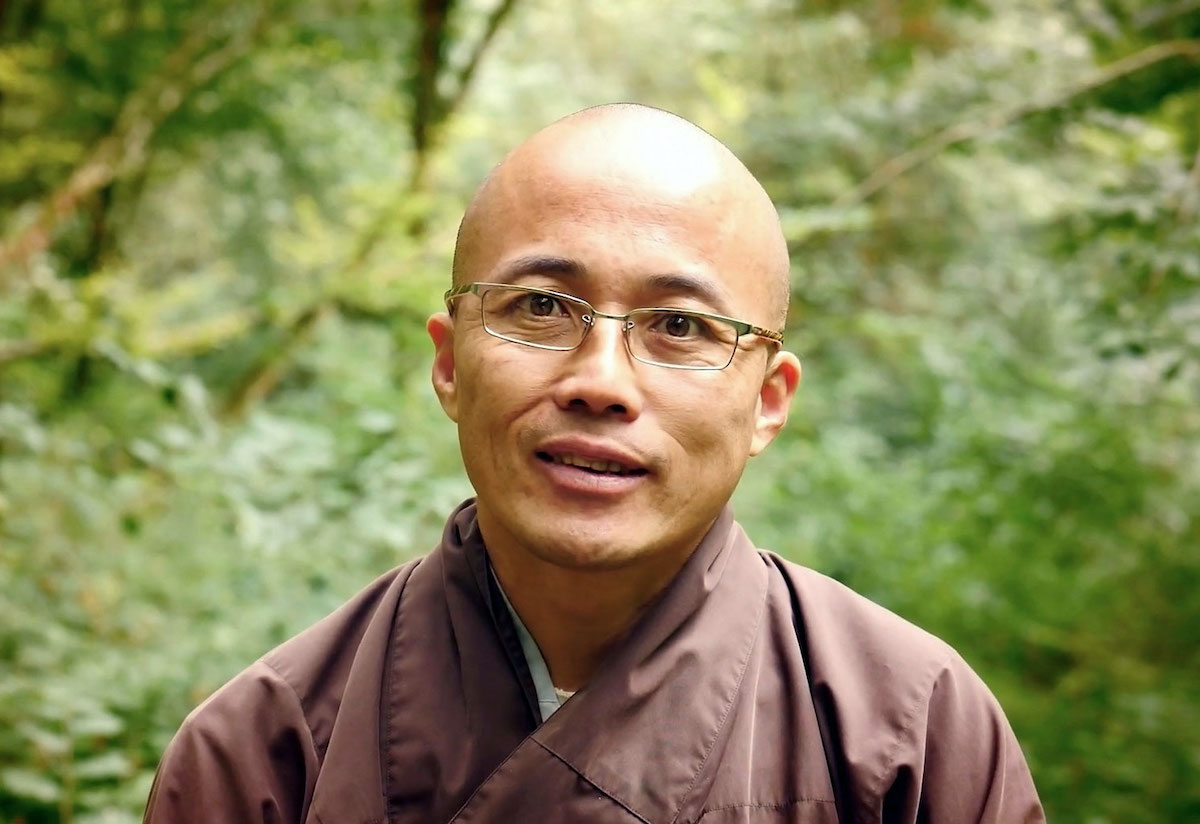How I Stopped Resisting Change and Embraced the Road Ahead of Me
“Just when the caterpillar thought her life was over, she became a butterfly.” ~Unknown Change is constant, from small changes like trying a new hobby to big changes like making a drastic career move. Even though change is all...


“Just when the caterpillar thought her life was over, she became a butterfly.” ~Unknown
Change is constant, from small changes like trying a new hobby to big changes like making a drastic career move. Even though change is all around us, it can feel scary. While change could lead you to something great, there are a lot of unknowns with something new, and that can cause anxiety.
When I was younger, I used to embrace change. For example, each school year was a new and exciting experience.
But somewhere along the way, I started to resist change.
What Does Resisting Change Look Like?
For some, resisting change might involve remaining in a situation that feels boring or mundane just because taking a different path can feel daunting or like a lot of work. For others, it might involve staying in a situation that’s unhealthy for them because making a change feels scary.
I resisted change by focusing on the negative aspects of any new experience I was going through, as a means to protect myself.
If I failed at trying something new, then I would have something to blame it on. I could give the impression to others that the change didn’t work out because of some outside factor beyond my control.
For example, when I began a master’s degree program, I moved to a brand-new city fifteen hours away from my hometown. I didn’t know a single person—in fact, the closest friend to me was six hours away.
When I chose to attend this program, I was excited. It felt like a fresh start and an adventure because I’d get to live in a cool place, make new friends, and move into a different career path.
I spent months preparing for the change, finding a place to live, and doing some pre-work for the program. About a week before I moved, the nerves kicked in. I suddenly felt like it was a crazy idea to move to a place where I didn’t know anyone and had no idea what I was doing.
But there was no turning back, everything was already arranged. And deep down, I knew this was the right decision for me even though it felt uncomfortable.
During the first couple of weeks in the new city, my mind took note of every undesirable thing it could find. Not only did I notice these things for myself, but I also complained to my friends and family. In a way, I was subconsciously building a case against this new situation so that if I failed, it wouldn’t look like it was all my fault.
I complained about everything: “The people aren’t friendly.” “The street across from my apartment looks so sketchy.” “My program is really tough—we have so many requirements it doesn’t feel possible to get everything done.”
Less than a month in, I was already considering transferring to a different program at my undergraduate college. I could move back to a city I knew, where I had several friends still living nearby. It felt like a safe and comfortable option.
But then something happened: I started making friends with some people in my program. As I got to know this group of girls, I realized they had a lot of the same fears that I did! Not only were we able to bond over that, but we were also able to help and support each other.
Suddenly, I didn’t feel so alone.
After all that time trying to convince others and myself that this situation was horrible, I was finally able to admit to these new friends that I had worries about our new situation. Through their advice, I found healthier ways to deal with the new aspects of my life.
For example, I began meditating every morning, which helped me manage my stress. I also found that, although I was far away from friends and family, when I stayed connected via phone calls and video chats, I felt less alone.
Over time, my fears around this change fell away. And you know what? The two years I lived there turned out to be some of the best years of my life so far.
I made life-long friends. I gained so much knowledge—both practical and academic—as I developed as a professional and moved into a great job after graduation. I also met my fiancé during that time, someone who I can’t imagine my life without now.
Had I left just a few weeks in like I was tempted to, I would have missed out on all of that.
While this is not the only example of when I resisted change, it’s a good one because it shows exactly how I would sabotage myself amongst the discomfort of something new.
One of the biggest takeaways that I learned over time is that change is something most people find uncomfortable, so you are never alone. Rather than focusing on the negative aspects of a new change and telling others about all the reasons why it’s not good for you, share your fears with the people you are close to, with the intention of overcoming them.
Why is sharing your fears about change with others so important?
Your support system is called that for a reason—they are there to support you! Just like you don’t judge friends and family when they come to you for help, they won’t judge you either. We are often so much harder on ourselves than we are on anyone else.
By sharing your fears with others, you’ll likely find that they can offer you advice or even just a shoulder to cry on so that your feelings don’t seem so overwhelming. When you keep those worries inside, they can start to build up in your mind and feel even more daunting. In a way, voicing your fears out loud takes their power away.
What else can you do to manage change when it feels hard?
Focus on what you can control.
When faced with change, it can feel like everything is out of your control. However, one of the best ways to face change is to focus on what you can control in this situation. Ask yourself, “What can I take responsibility for right now?”
For example, I accepted that I couldn’t control how overwhelming my schoolwork felt. However, I could control how organized I was, so I bought a planner and wrote out all my deadlines and when I needed to have tasks completed by, which made things feel more manageable.
By taking control of your own fate where you can, change will feel less intimidating because it won’t be just something happening to you; it will be something you’re intentionally choosing.
Take time for yourself—because you deserve it!
Self-care is important during any time of your life, but especially when you’re faced with anxiety about difficult situations. We tend to be hard on ourselves when we’re struggling with something new. Self-care is a way of telling ourselves we deserve to be comforted through it.
Self-care can also help you calm your mind and keep things in perspective when everything feels scary and overwhelming. Whether you just changed jobs, graduated, or ended a relationship, taking time for yourself is critical to maintaining a healthy mindset.
Choose activities that help you relax. For me, that includes meditating and journaling. For you, that might mean practicing yoga, relaxing in the sun, or walking in nature. Other self-care ideas include developing a skin care routine, reading a book, or eating a healthy meal.
Play around with different practices to find the ones that work best for you. You might also want to consider speaking with a mental health professional if you feel like you could use some extra support during this time of transition.
Give yourself some credit.
When faced with something new, you might find yourself thinking about all the many ways it can go wrong. To ease your fears, think about a time when you navigated change successfully.
Walk yourself through how that situation went and the positive result. Use what you learned in that situation to walk through this new change.
And as you start to make progress, don’t forget to reward yourself. Give yourself some kudos for all the effort you have put into your development and personal growth.
Remember that the transitional phase is only temporary.
If, like me, you’ve struggled when making a big life change, be kind to yourself through this transition.
The discomfort we feel when faced with change is only temporary. While daunting at first, each new change will soon become your new normal and feel much more comfortable.
—
Admitting that I had nerves about the situation to others around me was the first step to feeling at peace within my new adventure.
It’s how you take away the power behind those fears and start to embrace the change in front of you as an opportunity to become even better because of it.
![]()
About Erin Amborski
Erin Amborski is a self-care enthusiast and blogger. In her blog, Self Care Seeker, Erin helps women through their self-care journeys by writing about physical and mental health topics such as exercise, skin care, anxiety, etc. In today’s world with life’s daily stresses, we could all use a little more self-care. To embark on your own self-care journey, check out https://www.selfcareseeker.com/ and subscribe to download free life changing self-care resources: https://selfcareseeker.com/download-printable/
See a typo or inaccuracy? Please contact us so we can fix it!

 ShanonG
ShanonG 































